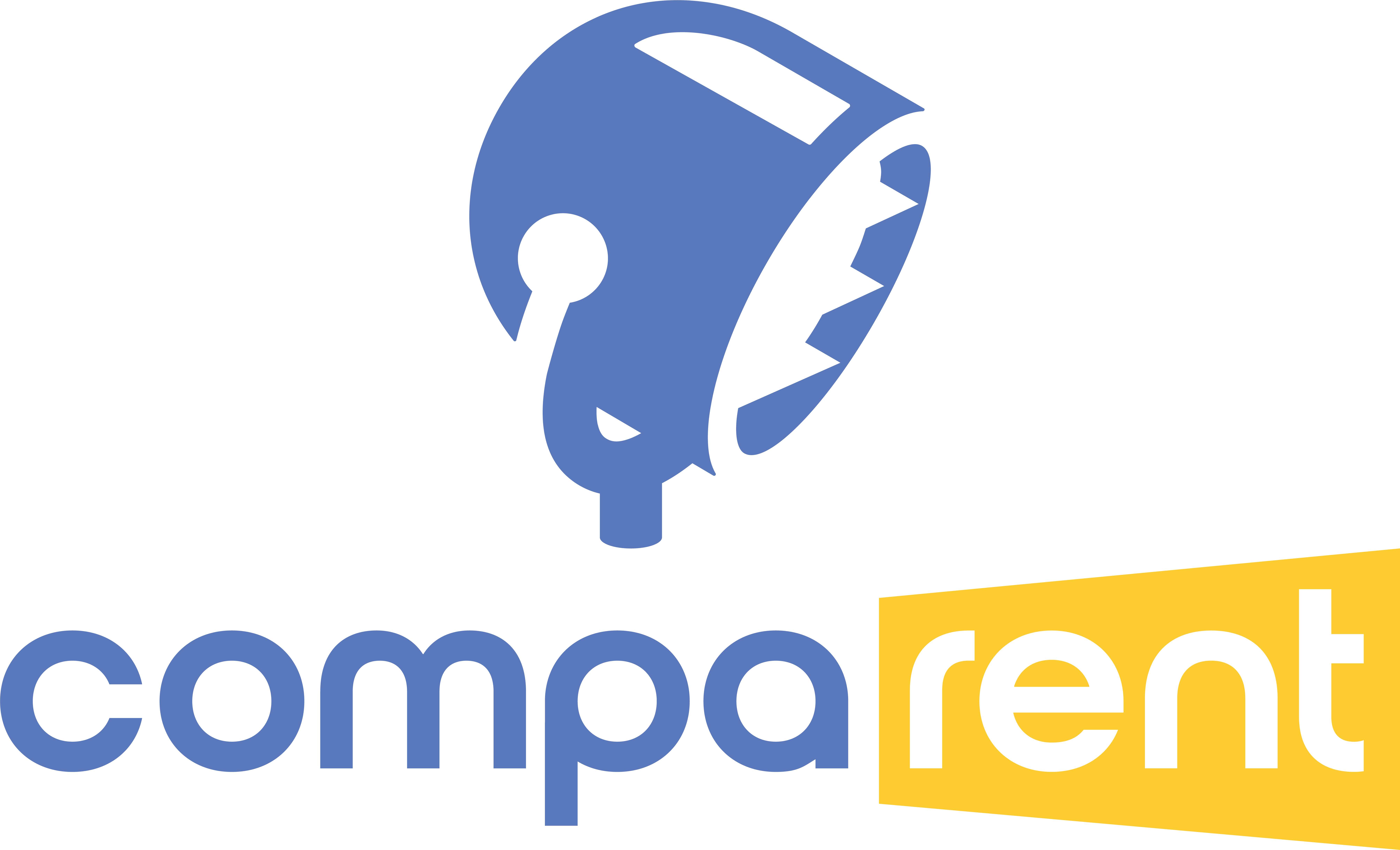
When entering the world of short-term rental management, it’s crucial to be aware of potential hidden costs that can catch you off guard. Hidden fees may include maintenance charges, emergency repairs, and additional service fees not covered in the initial agreement. Understanding these costs helps prevent surprises down the road and allows for better financial planning.
Management companies often charge between 20% and 40% of the monthly rental income, but this doesn’t always cover out-of-scope expenses. Charges for services like extra cleaning, guest disputes, and high-season rate adjustments can quickly add up if not discussed and agreed upon beforehand.
Investigating and clarifying these fees before signing a contract can save you from unexpected financial strain. Reading through the short-term rental management agreement thoroughly, and asking detailed questions about each line item will ensure a smoother, more transparent relationship with your property management company.
Understanding Short Term Rental Management Contracts
Short-term rental management contracts are essential for defining the responsibilities and expectations between property owners and management companies. They outline various provisions that detail fees, services, and duties.
Definition and Scope
A short-term rental management contract is a legal agreement between a property owner and a management company. It outlines the terms under which the property will be managed. Typically, these contracts cover aspects like maintenance, guest communication, and bookings.
The scope of the contract can vary widely. Some agreements may only cover basic management tasks, while others can include comprehensive services like marketing and guest screening. Understanding what your contract offers is crucial for ensuring you get the services you need.
Common Provisions in Contracts
Management Fees: These can range from 20% to 40% of the monthly rental income, as noted in various guides. This fee covers day-to-day activities and can vary based on property type and location.
Maintenance Costs: Some contracts include specific fees for maintenance, which can either be a flat rate or based on actual costs incurred.
Cleaning Fees: Property owners might be charged for cleaning services after each guest stay. These fees can be adjusted based on property size and specific cleaning needs.
Term Length: Contracts typically specify the duration of the agreement and renewal terms. Some may be month-to-month, while others require a longer commitment.
Owner Responsibilities: The contract will outline what the property owner is responsible for, such as major repairs or utility payments.
By carefully reviewing these provisions, you can better understand the scope and obligations entailed in your short-term rental management contract. For more details, you can check out common short-term rental management fees or the essential sections of such agreements.
Identifying Potential Hidden Costs
When dealing with short-term rental management, you might encounter several hidden costs that can impact your overall profits. These costs often include management fees, maintenance and repair expenses, and additional services or charges.
Management Fees
Management fees are one of the most significant expenses in short-term rental management. These fees usually cover the costs of handling bookings, guest communications, and other administrative tasks. The monthly property management fee can range from 20% to 40% of your rental income.
Understand what services are included in this fee. Some companies might add charges for things like marketing or high-season management. Always read the contract details to avoid unexpected charges.
Maintenance and Repair Costs
Regular maintenance and repair costs can add up quickly. These costs cover routine tasks like lawn care, pool maintenance, and fixing minor issues. Larger repairs, such as plumbing or electrical work, can be more expensive.
Maintenance costs can range from small, recurring expenses to significant emergency repairs. Plan a budget to handle these expenses to avoid financial surprises. Keep a reserve fund to manage unexpected repairs.
Additional Services and Charges
Additional services can significantly affect your bottom line. These could include cleaning fees, restocking essentials, or even handling special requests from guests. Cleaning fees alone can vary widely based on the size of the rental property.
Be aware of other optional services like concierge services, extra bedding, or premium marketing. Each of these can come with its own set of fees, so it's crucial to be informed before committing to any additional services.
Being mindful of these potential hidden costs can help you manage your short-term rental more effectively and maximize your profits.

